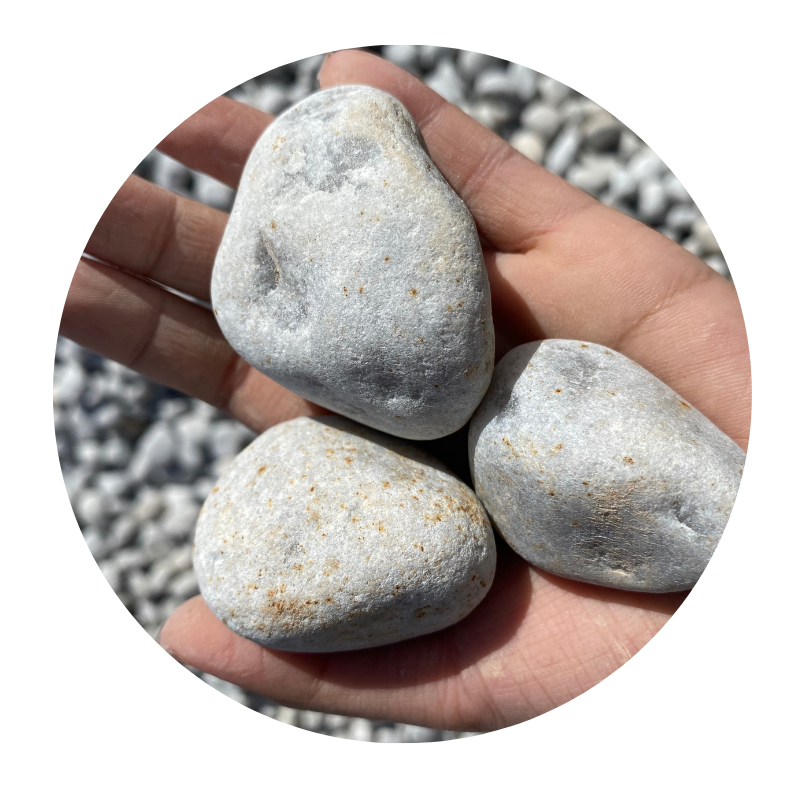
The Role of Perlite in Enhancing Soil Quality and Plant Growth in Agricultural Practices
The Role of Perlite in Agriculture
Perlite is a volcanic glass that, when heated to high temperatures, expands into lightweight, white, and porous particles. Originally discovered in the 1940s, this unique material has found a significant place in agriculture, especially in soil amendments and potting mixes. Its properties make it an excellent choice for various applications, from improving soil aeration to enhancing water retention.
One of the primary benefits of perlite in agriculture is its ability to improve soil aeration. Adequate aeration is crucial for root health, as it allows for the exchange of gases necessary for root respiration. In compacted or heavy soils, roots can struggle to access the air they need, leading to poor growth and increased susceptibility to diseases. By incorporating perlite into the soil, farmers and gardeners can create a lighter, more aerated environment that promotes healthy root development and improves overall plant vigor.
In addition to aeration, perlite also enhances water retention in the soil. While it does not absorb water like organic materials such as peat moss, perlite holds moisture on its surfaces, allowing it to be readily available for plant uptake. This property is particularly valuable in regions with limited rainfall or for plants that require consistent moisture levels for optimal growth. By improving moisture retention, perlite can reduce the frequency of irrigation, leading to water conservation and reduced labor costs for farmers.
The use of perlite can also support better drainage in container gardening and raised bed gardening. Overwatering is a common problem that many gardeners face, often leading to root rot and other moisture-related issues. By mixing perlite into potting mixes, gardeners can ensure that excess water drains efficiently while retaining enough moisture for the plants. This balanced approach allows for a healthy growing environment, especially for plants that are sensitive to waterlogged conditions.
perlite in agriculture

Another significant advantage of perlite in agriculture is its inert nature. Unlike organic amendments, perlite does not decompose over time, which means it maintains its structure and performance for many years. This durability is particularly beneficial for long-term agricultural practices, as it requires less frequent replacement or replenishment compared to other soil amendments. Furthermore, being sterile and free from pathogens, perlite minimizes the risk of introducing diseases into the growing environment, promoting healthier crops.
Perlite is also a sustainable option in agriculture. It is composed of natural volcanic material and can be mined with minimal environmental impact. Its lightweight nature makes transportation easier, reducing fuel consumption and associated greenhouse gas emissions. As more growers become conscious of environmental sustainability, perlite offers a viable choice that aligns with ecological practices.
In recent years, the demand for perlite in agriculture has increased, especially as more urban farmers and hobbyists seek efficient and effective growing methods. It is commonly used in hydroponics, as well as in the cultivation of various crops, including vegetables, ornamental plants, and herbs. The versatility of perlite allows it to be used in combination with other growing mediums, enhancing their properties and achieving tailored solutions for specific plants.
In conclusion, perlite is an invaluable resource in modern agriculture. Its beneficial properties, including improved aeration, enhanced water retention, effective drainage, inert nature, and sustainability, make it an ideal component in soil management. As the agricultural industry continues to evolve, perlite will likely play an increasingly important role in promoting healthy, productive crops while meeting the challenges of environmental sustainability. Whether for professional farmers or home gardeners, the addition of perlite to growing practices can lead to healthier plants and successful harvests.
Share
-
Premium Pigment Supplier Custom Solutions & Bulk OrdersNewsMay.30,2025
-
Top China Slag Fly Ash Manufacturer OEM Factory SolutionsNewsMay.30,2025
-
Natural Lava Rock & Pumice for Landscaping Durable Volcanic SolutionsNewsMay.30,2025
-
Custom Micro Silica Fume Powder Manufacturers High-Purity SolutionsNewsMay.29,2025
-
Custom Mica Powder Pigment Manufacturers Vibrant Colors & Bulk OrdersNewsMay.29,2025
-
Custom Micro Silica Fume Powder Manufacturers Premium QualityNewsMay.29,2025






